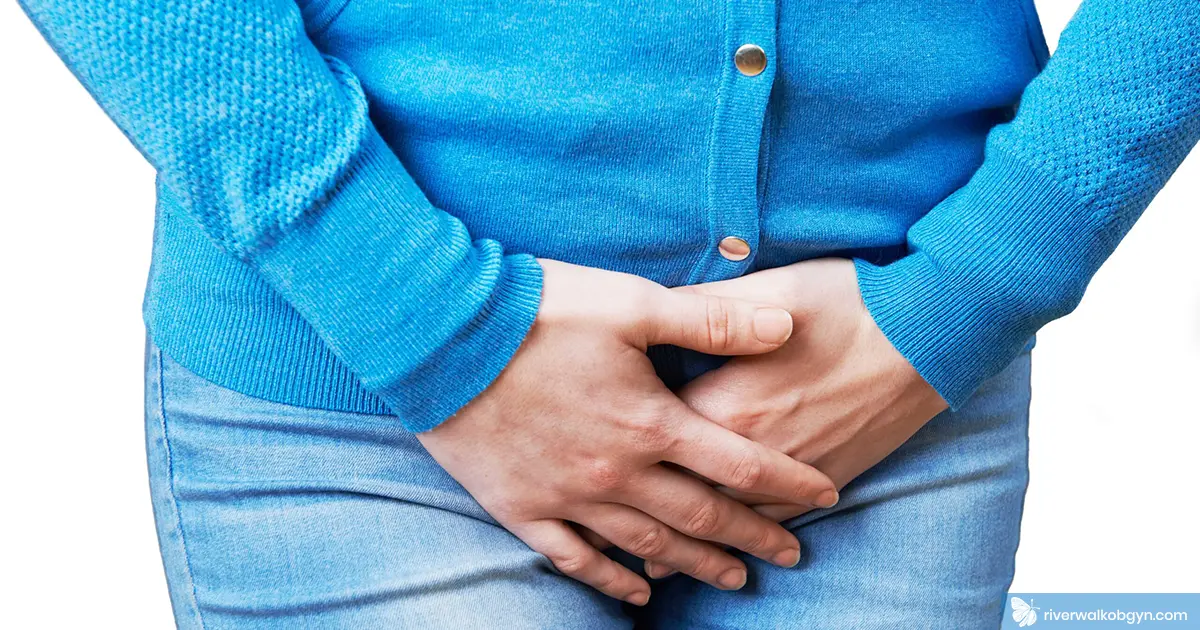Practical Tips to Manage Urinary Incontinence

Urinary incontinence, the involuntary leakage of urine, affects millions of people worldwide. Whether it’s due to age, pregnancy, childbirth, or certain medical conditions, managing urinary incontinence can significantly improve one’s quality of life. Even though there are helpful medical treatments, lifestyle changes also play a critical role in managing incontinence.
Ways to Manage Urinary Incontinence
Simple changes like weight management, dietary adjustments, and bladder training can make a notable difference. Below we look at some practical tips to help manage urinary incontinence effectively.
1. Bladder Training
Bladder training involves gradually increasing the time between bathroom visits to strengthen your bladder and control urges. Start by scheduling bathroom breaks at regular intervals, even if you don’t feel the need to go. Over time, this will help train your bladder to hold more urine for longer periods.
2. Pelvic Floor Exercises (Kegels)
Pelvic floor exercises are a key strategy in managing urinary incontinence. Strengthening the muscles that control urination can improve bladder control. To perform Kegels, contract the muscles you would use to stop urinating, hold for a few seconds, and then relax. Regular practice can lead to noticeable improvements.
3. Monitor Fluid Intake
While staying hydrated is important, consuming too much liquid, especially caffeine, alcohol, and carbonated drinks, can irritate the bladder and worsen incontinence. It’s beneficial to spread out fluid intake throughout the day and avoid drinking large quantities right before bed.
4. Maintain a Healthy Weight
Excess weight can put additional pressure on the bladder and pelvic muscles, leading to or worsening urinary incontinence. Maintaining a healthy weight through balanced diet and regular exercise can alleviate some of this pressure and help manage symptoms.
5. Use Absorbent Products
In some cases, managing urinary incontinence may require absorbent pads or specialized underwear. These products can provide comfort and prevent embarrassment in public situations. Choose products designed specifically for urinary incontinence for maximum absorbency and discretion.
6. Consider Medication or Medical Devices
In certain cases, medication or medical devices may be necessary to manage urinary incontinence. Anticholinergic drugs can help reduce bladder overactivity, while devices like urethral inserts or pessaries may help with stress incontinence. Consult with a healthcare provider at Riverwalk OB-GYN to explore these options.
7. Seek Professional Help
If urinary incontinence is affecting your daily life, it’s essential to seek professional advice. The gynecologists at Riverwalk OB-GYN can offer personalized recommendations, including physical therapy, medications, or surgical options if needed.
Conclusion
Managing urinary incontinence is possible with the right approach. By implementing these practical tips, individuals can regain control over their bladder and improve their overall well-being.
You may also enjoy reading: How Winter Affect Menstrual Health




